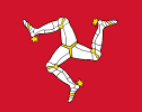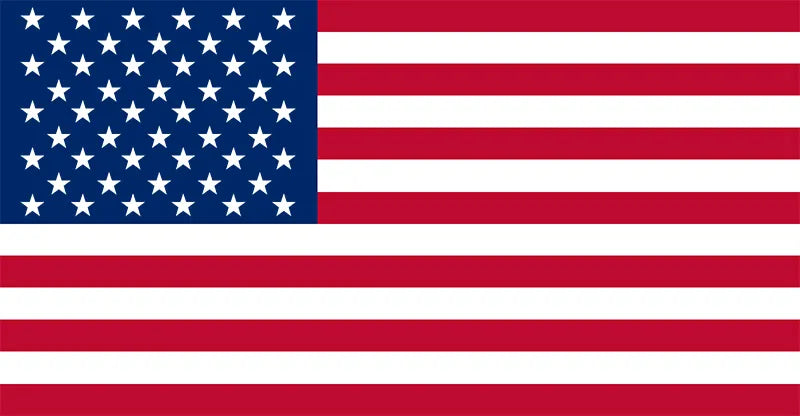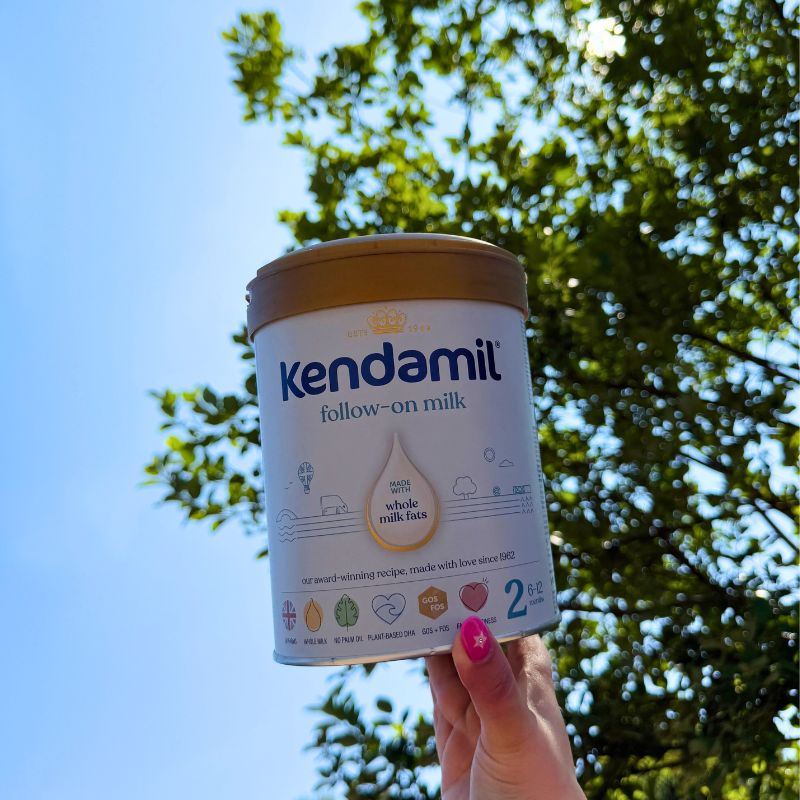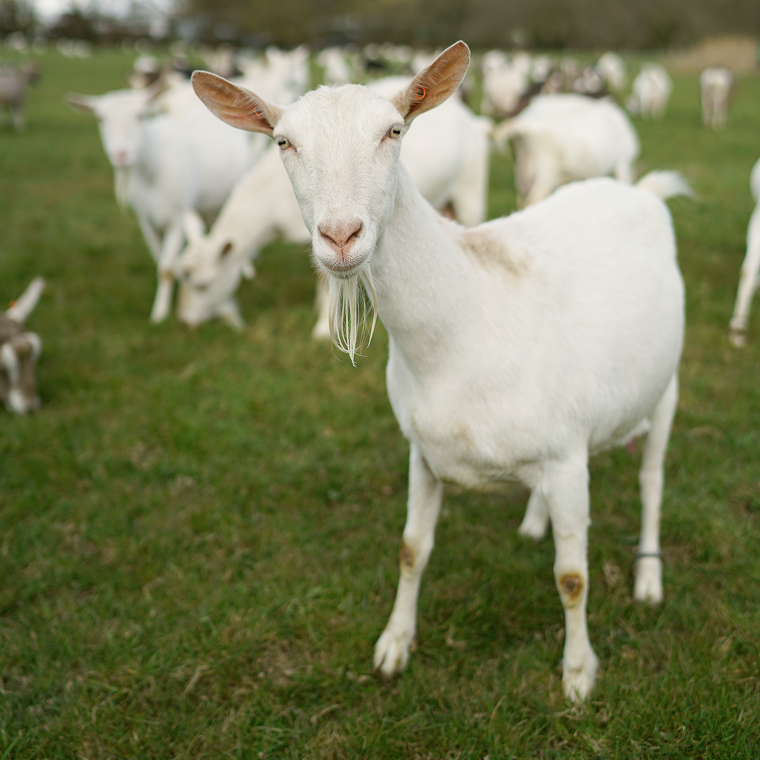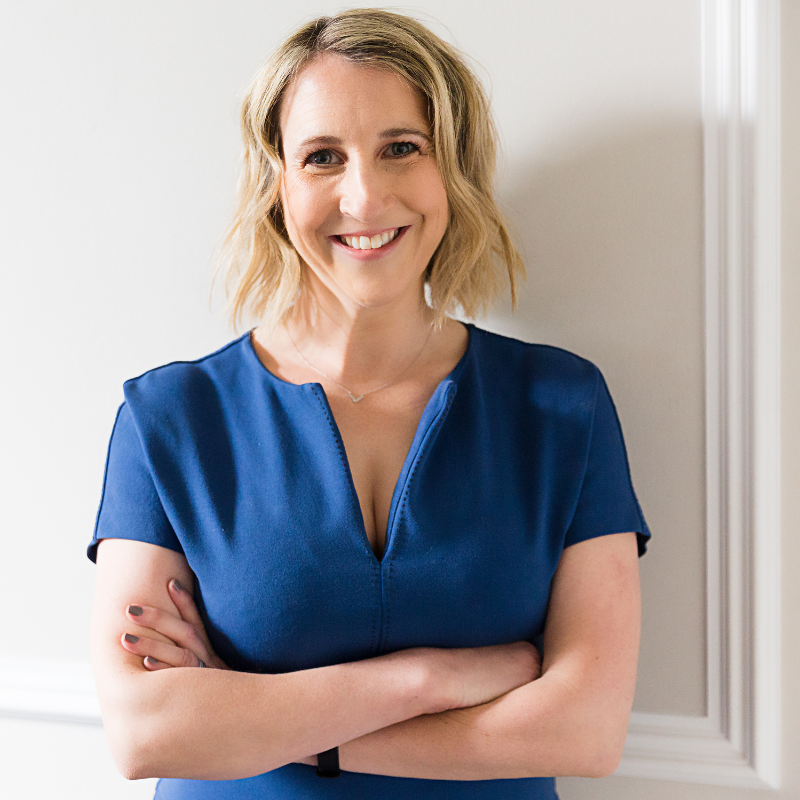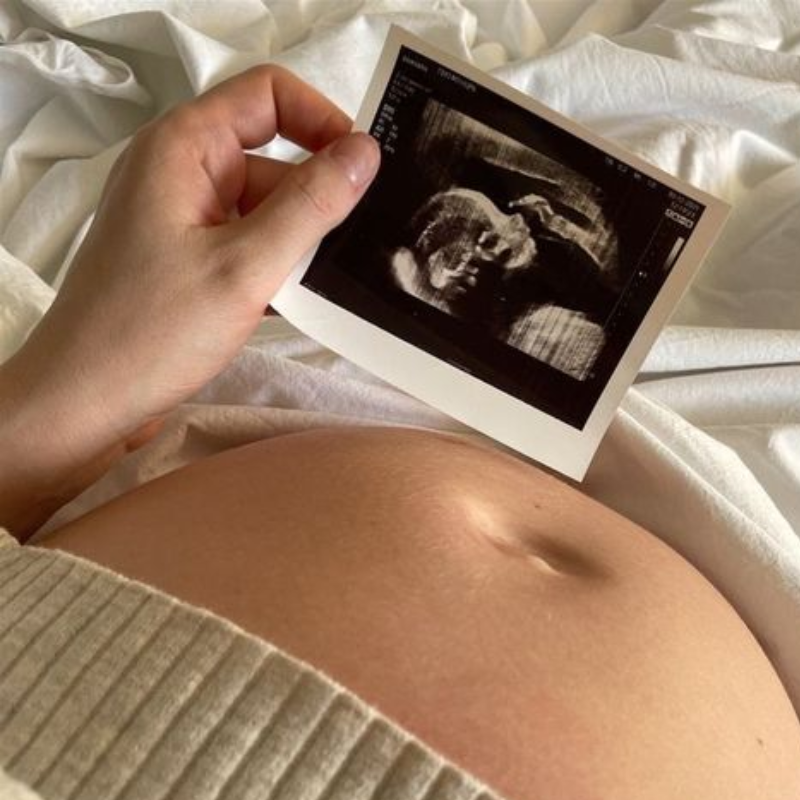Hiccups are a common occurrence in babies, especially after feeding. It occurs when the diaphragm contracts, this forces air out through closed vocal chords, creating the characteristic "hic" sound. In most cases, hiccups are harmless, don’t really cause your baby any distress and will usually go away on their own. Although there is nothing to worry about, there are a few things you can do to help prevent hiccups:
Hold Your Baby Upright
Holding your baby upright can also help stop hiccups. This position can help keep air from entering the stomach too quickly, which can trigger hiccups. Hold your baby in an upright position for up to 20 minutes after a feed.
Burp Your Baby
Burping your baby can help release any air trapped in their stomach and prevent hiccups. Gently pat your baby's back or rub their tummy to help them burp. Burping them more frequently while feeding them can also help.
Use White Noise
Often babies can start with hiccups because they are over-excited or crying excessively. White noise can help distract your baby from their hiccups and soothe them. You can use a white noise machine or simply create your own white noise by shushing or humming to your baby.
Avoid Spicy Foods
Spicy foods can irritate your baby's stomach and trigger hiccups. If you are breastfeeding, try to avoid spicy foods in your diet. If your baby is older and eating solids, avoid feeding them spicy foods.
Massage Your Baby's Back
Massaging your baby's back can help relax their diaphragm and stop hiccups. Gently massage their back in circular motions, starting from the shoulder blades and working your way down to their lower back.
Use a Dummy
Sucking on a dummy can help regulate a baby's breathing and stop hiccups. The sucking motion can help calm their diaphragm and relax their body.
Adjust Your Baby's Feeding Position
Sometimes, the position in which a baby is fed can trigger hiccups. Adjusting their feeding position can help prevent hiccups from occurring. For example, you can try feeding your baby in a more upright position. Make sure the bottle teat is full of milk to prevent your baby from swallowing too much air.
Wait It Out
In some cases, the best thing to do is simply wait out the hiccups. Most hiccups will go away on their own within a few minutes, so it's often best to just let them run their course.
When to Seek Medical Attention
While most hiccups are harmless, hiccuping during feeds can also be a sign of reflux. If your baby’s hiccuping is accompanied by other symptoms such as below your baby maybe have reflux and you should contact your GP or health visitor:
- They’re bringing up milk or being sick during or shortly after a feed
- They’re coughing and/ or are unsettled during a feed
- They’re generally not settling and are crying more than normal
- They’re not gaining weight
- They’re gulping or swallowing after being burped or fed
Although you may want to try some of these tips, hiccups are a common occurrence in babies and generally nothing to worry about. If you do think your baby may have reflux do talk to your health visitor.
